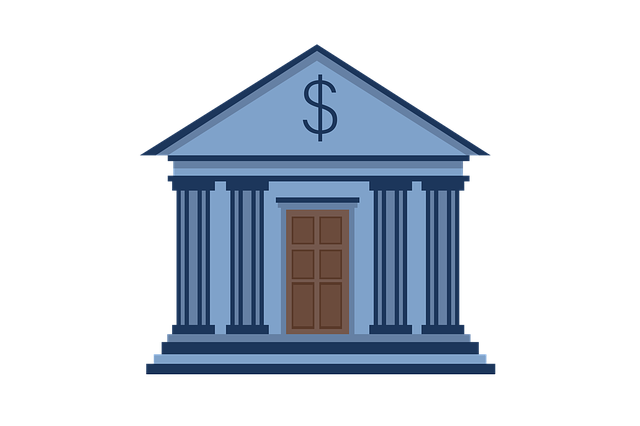In Texas, missing title loan payments can lead to severe consequences, including vehicle repossession, legal fees, and penalties. Lenders assess various charges and initiate foreclosure proceedings, which may result in asset seizure if not resolved. While rebuilding credit after a default is possible, it involves disputing inaccurate reports, adopting positive habits like collateralized credit cards, and refinancing for better terms to gradually recover. Understanding Texas title loan terms is crucial to avoiding these consequences.
“Texas title loan defaults can have severe repercussions for borrowers, with far-reaching effects on their financial stability. This article delves into the intricate details of understanding and navigating the fallout from a default in Texas. We explore the legal landscape, including the state’s unique regulations, and uncover the financial costs involved. Additionally, we provide insights into rebuilding credit after a default, offering practical steps to recover and move forward. By grasping these ‘Texas title loan default consequences’, borrowers can make informed decisions and mitigate potential hardships.”
- Understanding Texas Title Loan Default Laws
- Financial Fallout: Costs and Legal Implications
- Reconstructing Credit After Default
Understanding Texas Title Loan Default Laws

In Texas, a default on a title loan can have significant consequences for borrowers. It’s crucial to understand that when you take out a Texas title loan, the lender holds onto the title to your vehicle as collateral until the loan is repaid in full. If payments are missed or not made according to the agreed-upon terms, the lender has the legal right to repossess the vehicle. The state’s laws surrounding title loans are designed to protect both lenders and borrowers, but defaults can still lead to harsh repercussions.
Knowing the Texas title loan default process is essential for borrowers. If a borrower fails to make payments, the lender will typically send a demand letter outlining the outstanding balance and the need to bring the loan current. Failure to comply may result in repossession of the collateralized vehicle, which can have severe financial implications, including loss of transportation and potential repair costs if the vehicle is damaged during repossession. Additionally, there might be legal fees and penalties associated with defaulting on a Texas title loan, further exacerbating the financial burden for borrowers.
Financial Fallout: Costs and Legal Implications

When a Texas title loan goes into default, borrowers face significant financial consequences. The immediate impact includes various fees and charges assessed by lenders, which can add up quickly. These costs often include administrative fees, late payment penalties, and potential interest accrual on the outstanding balance. Some lenders may also charge collection fees if they hire third-party agencies to recover the loan.
Moreover, a default can have legal implications. Lenders typically initiate foreclosure proceedings, giving borrowers a limited window to resolve the issue. Failure to do so could result in the lender repossessing the secured asset, which, in the case of a car title loan, means losing the vehicle. Additionally, borrowers may face legal action and court orders related to non-payment, leading to further financial strain. These outcomes underscore the importance of understanding the terms and conditions of a Texas title loan, especially for those considering options with no credit check or San Antonio loans without thorough evaluation.
Reconstructing Credit After Default

After a Texas title loan default, rebuilding your credit score can be challenging but is achievable with time and effort. One of the initial steps is to understand that while a default significantly impacts your financial standing, it does not necessarily mean permanent damage. The first action to take is disputing any inaccurate information on your credit report; errors can negatively affect your score. Contacting the credit bureaus and providing documentation to correct these mistakes is crucial.
Once your reports are accurate, focus on establishing or re-establishing positive credit habits. Consider keeping your vehicle as collateral for a secured credit card, which offers a safety net for lenders. This demonstrates responsible management of debt and can help rebuild trust with financial institutions. Additionally, exploring options like loan refinancing could provide more favorable terms, making repayment more manageable and improving your credit profile over time.
A Texas title loan default can have significant financial and legal repercussions, impacting your creditworthiness and future borrowing options. Understanding these potential fallout is crucial in navigating the complexities of such situations. By recognizing the costs involved, exploring legal implications, and taking proactive steps to rebuild credit, individuals can mitigate the consequences and regain control over their financial health. Remember that proactive measures after default can significantly influence your path to recovery.






